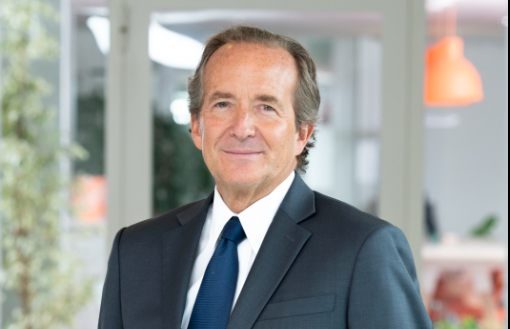Tetra Pak Reveals 20% Greenhouse Gas Emissions Reduction Across Value Chain Since 2019
Font size
Tetra Pak launches its 25th Sustainability Report, which tracks the progress the company has made against its sustainability agenda. It focuses on five interdependent areas: food systems, circularity, climate, nature and social sustainability.
The company is also moving forward towards the official opening of its initiative of its joint project to collect and recycle Used Beverage cartons (UBC) for the first time in Egypt in cooperation with Uniboard and Environ Adapt.
The Sustainability Report FY23 shows a 20% reduction in value chain GHG emissions and a 47% reduction in GHG emissions across its own operations since 2019. The latter puts Tetra Pak on track to meet its target of net zero GHG emissions in its own operations by 2030 and supports the company’s long-term ambition to work together with suppliers, customers and other stakeholders and achieve net-zero GHG emissions across the value chain by 2050.
Another major milestone saw the launch of an aseptic beverage carton featuring a paper-based barrier, reducing its carbon footprint by a third (33%) and bringing the company a step closer to developing the world’s most sustainable food package. This world-first was a result of a €100 million investment in packaging research and development in 2023, with the same investment planned annually for the next five to ten years.
Adolfo Orive, President & CEO at Tetra Pak, comments: “Collaboration across the food industry is ever more important to feed a growing population sustainably. Our global presence and end-to-end solutions give us opportunities every day to collaborate with stakeholders across the value chain, from farmers and food producers, to suppliers, policy makers, consumers and others. We understand the responsibility that comes with this role. We remain committed to playing our part to transform the world’s food systems, to ensure they are more secure, resilient and sustainable.”
Tetra Pak’s Sustainability Report FY23 highlights further company achievements in the past year, and its ongoing initiatives to protect food, people and the planet. These include:
- Expanding School Feeding Programmes: The company helped 64 million children in 49 countries to get access to milk and other nutritious beverages through School Feeding Programmes.
- Accelerating Recycling: Amount of carton packages collected and sent for recycling across the world rose by 7% compared to 2022. Additionally, there was a 14% increase in the volume of polyAl sent for recycling.
- Getting recognition, again, for Leadership in Corporate Transparency and Performance: For the eighth consecutive year, Tetra Pak was included in the CDP Forests ‘A List’. Additionally, the company received an ‘A-‘ rating in Water Security, despite it being the first year of reporting in this area.
- Actively implementing the UN Guiding Principles on Business and Human Rights.














